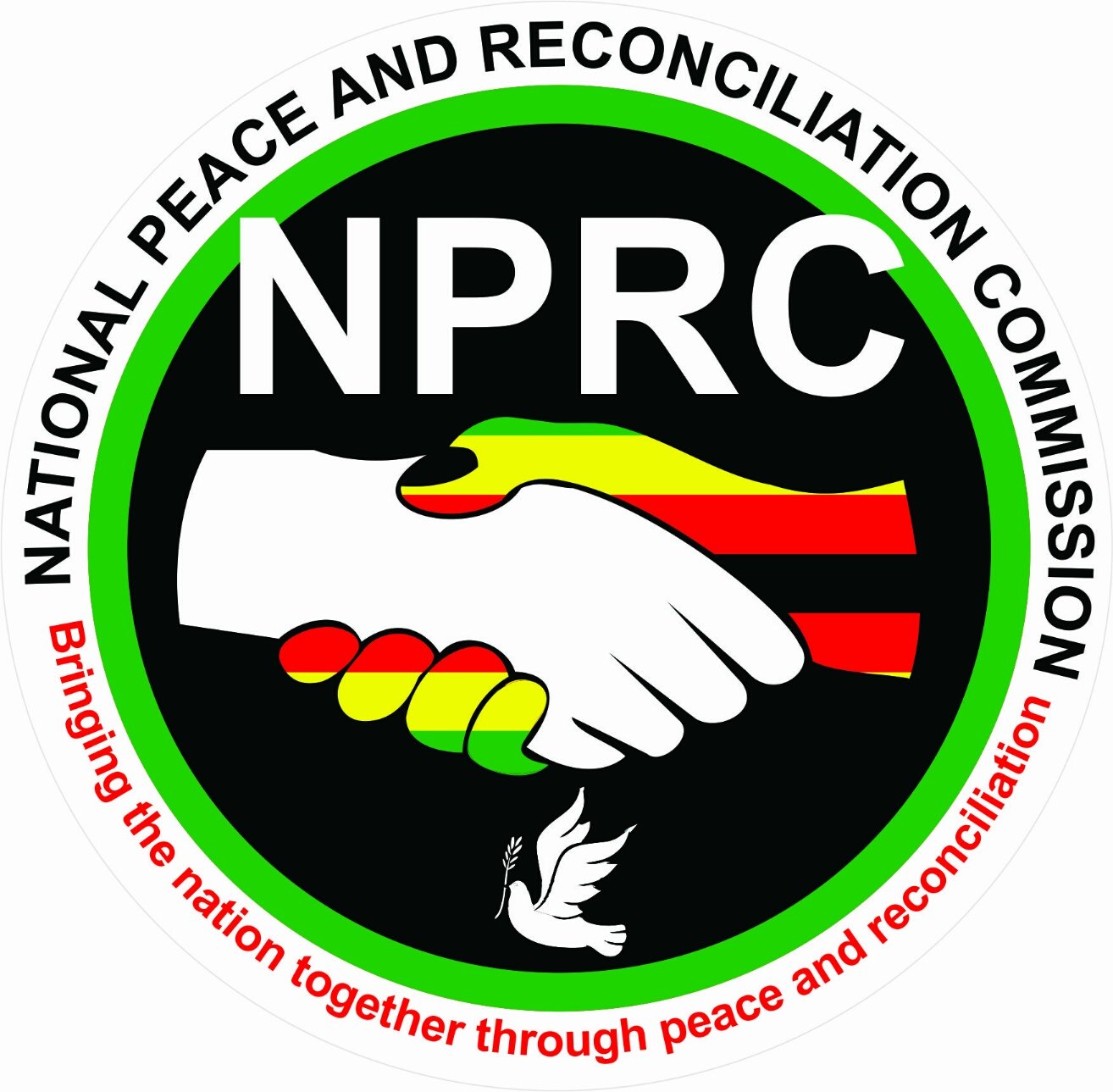The Matabeleland Collective has urged locals in rural communities to start identifying Gukurahundi survivors who need to access to legal documents in their respective districts.
Once the beneficiaries have been identified, a list would be drawn up and taken to the Registrar General’s office who will then direct and deploy local teams to process documents.
This was disclosed by Chairperson of the Matabeleland Collective, Jennifer Williams who was responding to concerns from locals in Maphisa.
The locals had called on the National Peace and Reconciliation Commission (NPRC) at a stakeholders meeting last week to assist them in accessing documentation.
“On the issue of birth and death certificates, we are waiting for communities to assist us and identify beneficiaries. This has to be done district by district and the registrar general is waiting for a document that states the number of intended beneficiaries in a district. The document has to list the names of those beneficiaries including those who names were wrongly spelt,” Williams said.
She urged traditional leaders or civil society groups in the various districts to assist locals in identifying the survivors.
“Please make sure that these beneficiaries are who you say they are and they have to be ready. When the teams from the registrar’s come they will offer free services. The president (Emmerson Mnangagwa) gave a directive that no fee would be charged to survivors who want to acquire either birth or death certificates. So we must mobilise people. Let’s unite and work together until this is solved,” said Williams.
Stakeholders suggested that the NPRC should approach relevant ministries in the meantime on the matter while they go about their consultative work.
A former magistrate who served in the Midlands in the 1980s, Johnson Mkandla, said the NPRC could engage the Ministry of Justice, Legal and Parliamentary Affairs to issue a directive that would enable victims of Gukurahundi to access documentation easily.
“This can be done immediately by the NPRC to make such a genuine request on our behalf and the Justice Minister can give a directive to provincial heads to assist. When I was a provincial head I did this to enable those who had lost relatives or had members who were still missing to access documentation,” said Mkandla.
“The law allows one to do that as it says when one is missing for more than two to four years they can be presumed dead to allow offspring to access the estate. Unlike other provincial heads who were afraid to make such a call since Gukurahundi was feared, I was the only who did so despite the risk involved.”
Reports state that over 40 percent of children in Matabeleland North, Matabeleland South, and Bulawayo do not have birth certificates as they face challenges in accessing identity documents.
Most young people do not have particulars as they lost both
their parents during Gukurahundi, while others lack information on requirements
for birth certificate applications, inability to pay the required fees, time
spent at the registrar’s office, and poor customer service by personnel at
registry offices.

